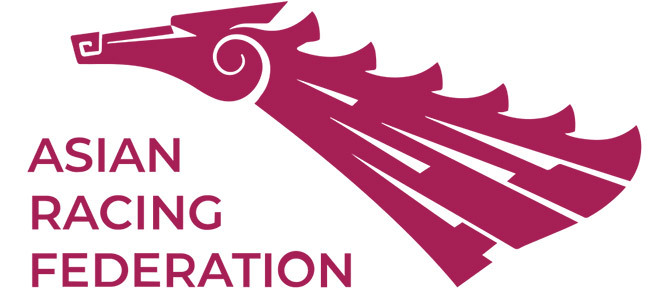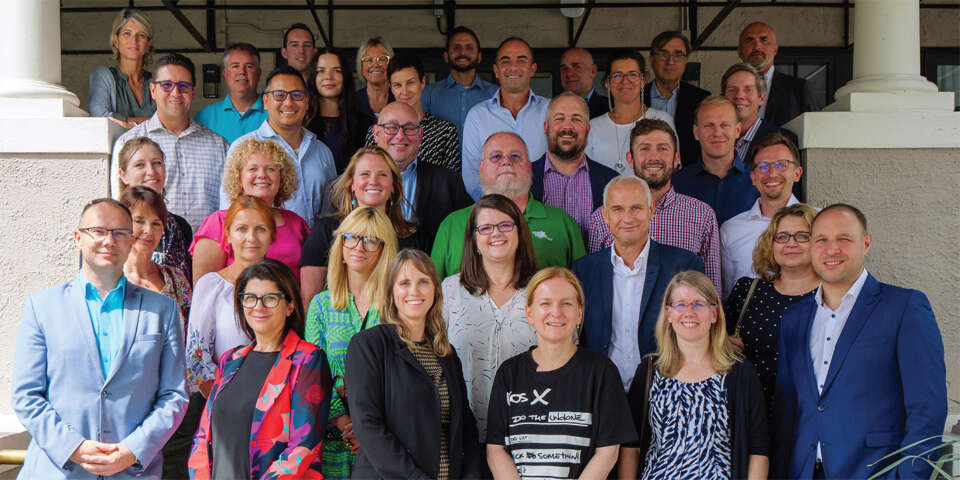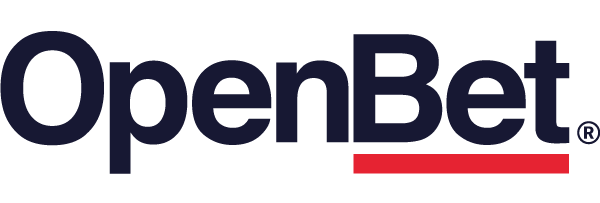
For the final article in this series, we examine some of the best practices outlined by the ARF and how they can be applied in the context of cryptocurrencies and illegal gambling, with some insight from the ARF Council on Anti-Illegal Betting and Related Financial Crime chairman, Martin Purbrick.
In October 2020, the ARF issued an extensive report titled “Good Practices in Addressing Illegal Betting: A Handbook for Racing and Sports Organisations to Uphold Integrity.” The report highlights many of the challenges discussed in the previous article and how they impact the broader betting industry. Martin Purbrick summarized the main issues:
“Most cryptocurrency betting operators are unlicensed or licensed by ineffective regulatory regimes, amplifying financial crime risks. They can allow bettors to bet anonymously and evade due diligence and know your customer requirements. They are also being used by organized crime-linked illegal operators to launder profits and fund operations.”
Purbrick elaborated further, stating that the existence of such operators creates problems for legitimate industry players:
“Cryptocurrencies are a competitive threat to state-authorized lotteries and betting operators, and by extension, a threat to societies which benefit from well-regulated betting tax and duties, and their use by illegal or offshore operators may lead to more regulatory overhead and scrutiny on well-regulated operators.”
Identifying best practices
With an understanding of the problem, what steps should licensed gambling operators be taking to address the challenges of illicit operations aided by cryptocurrencies? The ARF report outlines several key areas of focus.
Monitoring and analysis of transactions
Firstly, monitoring and analysis are key to identifying any anomalies in the system, such as agents illegally accepting cryptocurrencies as payment. Automated systems have an important role to play in ensuring consistency and structure in data gathering and analysis. However, human assessment is always necessary. Human intelligence can consider factors not programmed into algorithms and spot where corrupt players have taken steps to avoid being caught out by automated systems.
Commercial bet monitoring organizations can provide support, both to smaller gambling operators who don’t have the in-house capabilities to develop an automated system and for larger industry players who may wish to complement their existing monitoring solutions.
Determining intelligence capabilities
Operators should also consider what type of intelligence capabilities they need to support their efforts in fighting illegal gambling, including the use of cryptocurrencies. The ARF report highlights the efforts in Australia where the Australian Criminal Intelligence Commission joined forces with Australia’s National Integrity of Sport Unit to create a dedicated Sports Betting Integrity Unit. The unit exists to establish intelligence around crime in Australian sport, including the bookmaking segment.
Intelligence is an increasingly complex field, with operators and regulators increasingly using open-source intelligence, which can include a vast amount of information already in the public domain. This information may come from social media or online forums where bettors convene. These sources complement the more traditional routes for intelligence gathering, which include industry experts, professional bettors, government departments, or law enforcement agencies.
Effective investigations
Cryptocurrencies represent a particular challenge for licensed operators and law enforcement agencies. As a relatively new technology, many people are still unfamiliar with how they work and how the data on the underlying blockchain can be used as a source of intelligence in itself.
Therefore, there’s a need for those involved in fighting illegal gambling operations to become trained and educated in how corrupt individuals are using cryptocurrencies, such as payment in illegal gambling operations, and how to identify this activity.
Collaboration between stakeholders is key
During our conversation with Martin Purbrick, he also highlighted the challenges of staying one step ahead of these operators.
“In general, illegal operations will typically be swifter and more agile as they have zero regulatory overhead and zero incentive to protect the consumer or follow best-practice Anti-Money Laundering (AML) and Responsible Gambling guidelines.”
As such, he outlines the need for better networking and connections, another key best practice from the ARF report:
“A vital point is enhanced stakeholder collaboration between regulated operators, sports bodies, law enforcement, media, and regulators.”
So with regards to collaboration, what does good look like? The ARF identifies that thanks to the proliferation of online betting sites and the increasing use of technology like cryptocurrencies, fighting illegal gambling has become too much for legitimate operators and law enforcement agencies to achieve by themselves. Instead, it’s necessary to engage a larger group of stakeholders in the process.
For instance, government policymakers can help shape the legislative framework to recognize the loopholes being exploited by corrupt actors. News media and industry publications can help to spread awareness of the problems.
Financial firms, including banks and cryptocurrency exchanges, can help stem money flows to and from illicit operations. Internet service providers and search engine companies can identify illegal websites and services and block them.
Illustrating the scale of complexity
The final segment of the ARF report outlines one case from 2019 that contained various elements of financial crime, including a cryptocurrency Ponzi scheme and money laundering in the horseracing bloodstock industry. The operators behind OneCoin managed to scam USD 4 billion from investors between 2014 and 2016 until various government and law enforcement agencies intervened.
In a criminal trial held in the US relating to the case, the owner of one of the largest bloodstock businesses in the world became implicated when a witness claimed he had been using OneCoin to launder money.
The investigation into these allegations is ongoing. However, the case illustrates the extent to which financial crime can permeate multiple industries and involve many participants. Illegal operators deploy a variety of tricks to achieve their aims and create complex webs that cannot be untangled by one individual or entity working alone.
Therefore, collaboration with a broad group of stakeholders, including those in related industry sectors, is the most effective way to identify, investigate, and address the problems.
Finally, it’s incumbent upon legitimate operators of lotteries and gambling services to demonstrate their commitment to transparency and compliance by following all necessary steps to ascertain who is involved in any given transaction. Furthermore, there must also be a willingness to work together with law and policymakers to ensure solutions are fit for purpose and allow licensed participants the freedom to operate within their own jurisdictions.
To subscribe to the ARF Council on Anti-Illegal Betting and Related Financial Crime’s reports and Quarterly Bulletins, visit www.asianracing.org/aib/subscribe
The Council’s reports on illegal betting can be found at www.asianracing.org/aib/resources.










